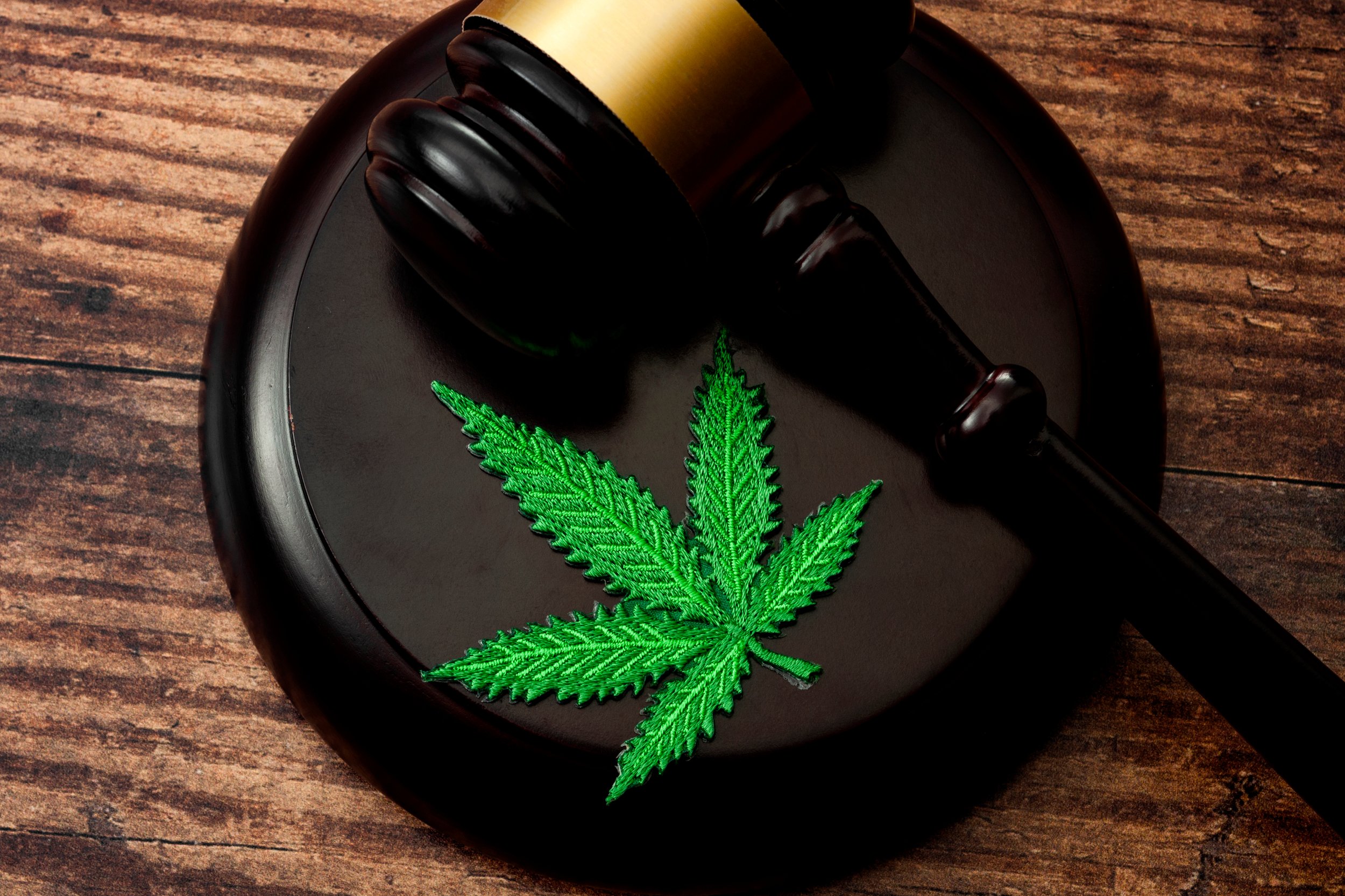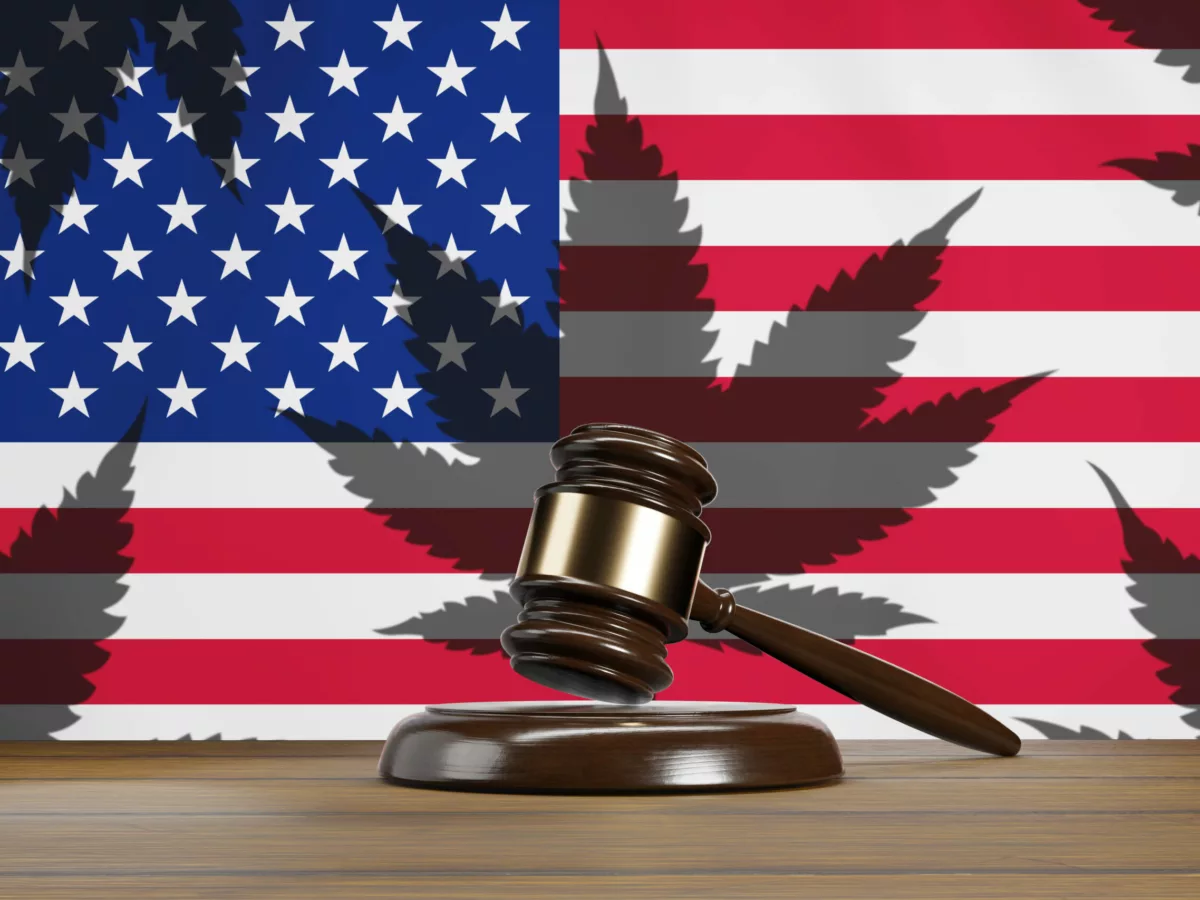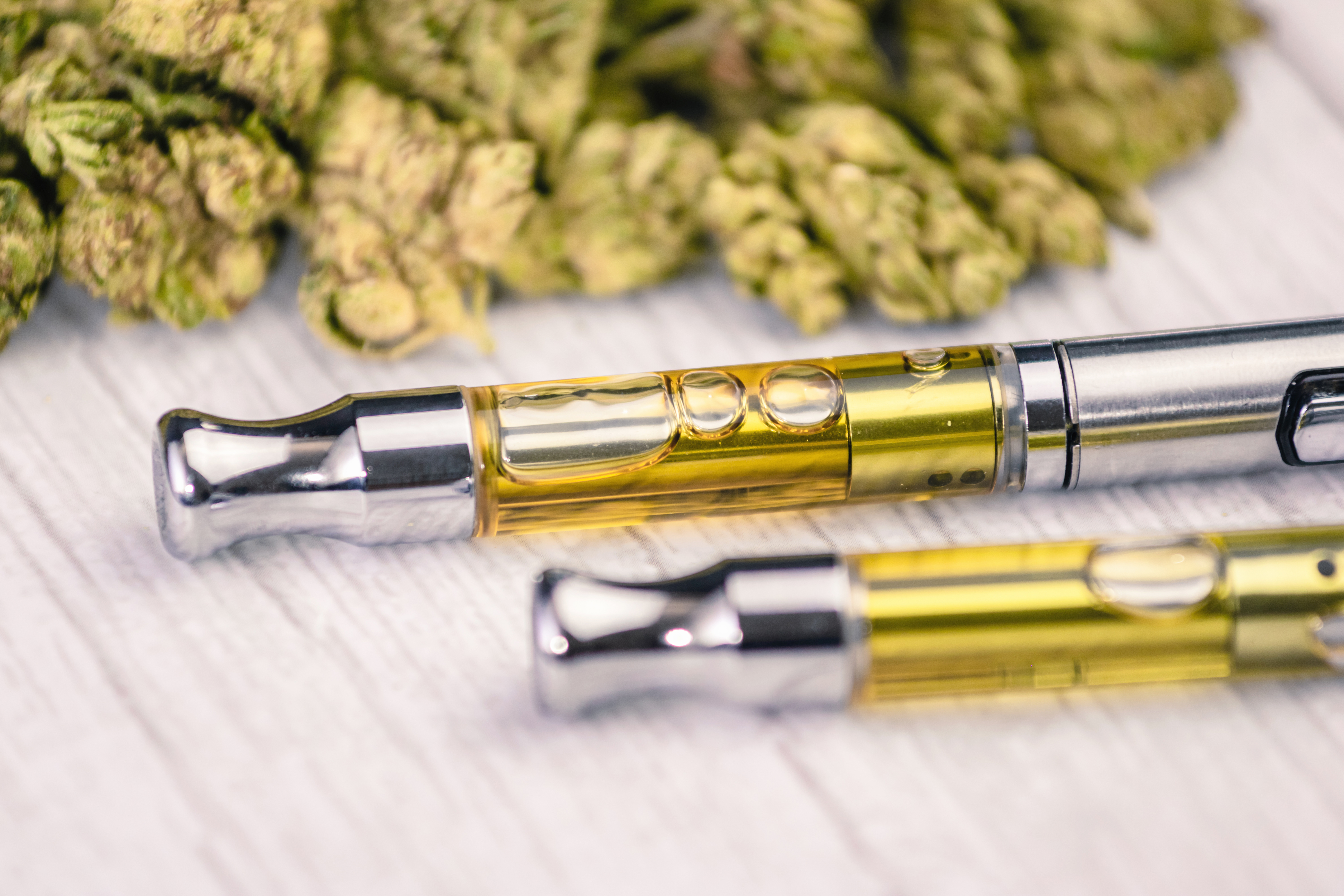As advocates and legislators gear up for Maryland’s most serious legalization push yet, officials are giving some overdue focus to the other side of the coin: what to do about decades’ worth of prior cannabis possession charges and convictions?
“It is an incredibly large number of cases that have been identified that go all the way back to the early ‘80s where we do have some type of electronic record,” Rose Day, executive director of District Court Operations for the Maryland Judiciary, told lawmakers on Wednesday at the third meeting of the House of Delegates’ Legalization Workgroup.
The workgroup heard from experts on what can and cannot be done to fully expunge prior cannabis arrests and convictions. The panel’s first two meetings focused on the history of cannabis law and legalization’s health care implications.
Legislators are again focusing on “automatic expungement” of prior possession charges, echoing two legalization bills that failed during the 2021 session. Fiscal policy notes for both pieces of legislation, HB 32 and SB 708, estimated “hundreds of thousands of cases” would be eligible to be erased.
And yet, there’s no existing process for automatic expungement. Maryland Judiciary and corrections officials explained that it’s a complex task in terms of staffing and technology.
Maryland District Chief Judge John Morrissey outlined three options to clear records: expungement, which erases all records in a case; shielding, which fully or partially blocks charges from public view but keeps them available to the judiciary; and sealing, where a judge orders a specific record closed from public inspection.
He said the Maryland Judiciary isn’t for or against the shielding or expungement of cannabis possession charges: “It really comes down to whether we have the technological capability to do what you want to do.”
The Maryland Judiciary would need to hire more than 400 staffers for two years to dig through such cases, at an annual cost of more than $17 million, according to a cost analysis of the two bills that did not escape committee last spring.
Rachel Sessa, chief of staff for the Maryland Department of Public Safety and Correctional Services, added that many charges are archived in paper records spread across multiple agencies. She said they lack tracking and case numbers and other information that would make them easier to expunge, and also often accompany multiple non-possession charges from an arrest.
Longtime legalization supporter Del. David Moon (D-Montgomery County) said automatic expungement is often a misnomer, given all of these complications. Other states that have legalized “run around bragging about their automatic expungement policies,” he said, “and if you peek behind the curtain, it often is just automatic sealing or automatic case search removal or something other than the full-blown record obliteration.”
But, hearing all of the complications to address in Maryland, Moon asked “what’s possible to do more quickly?” For instance, can one-off possession charges with full electronic records be removed en masse from the state’s Criminal Justice information System?
“It is certainly far easier to do currently” for singular possession charges, compared to multiple-charge cases, Sessa replied.
Michael Hartman, a criminal justice research analyst for the National Conference of State Legislatures, said 24 states plus Washington, D.C. have record-clearing laws for cannabis offenses, ranging from on-petition, the conventional method requiring an individual petition, to automatic and automated expungement.
The initial costs can be high for software investments to expedite expungement, he noted, but they also save considerable expenses for an affected population. For example, he said one study pegged the cost for Pennsylvania’s investment in an expungement system at $3.4 million, but that came out to $2.96 per person for an affected relief population of about 1.15 million. By comparison, he said the process of working with a legal clinic to clear one’s record costs about $3,757 per person.
“The upfront costs of automating the system can be incredibly expensive, several million dollars, but the ongoing costs following implementation are incredibly marginal in comparison,” Hartman said.
Maryland decriminalized possession of up to 10 grams of weed in 2014 and has had a lucrative medical industry up and running since December 2017. Even without recreational legalization, lawmakers have sought to offer some judicial relief for those with cannabis charges on their records. One new law that took effect in March prohibits the state’s Judiciary Case Search database from turning up standalone cannabis possession charges if they were dropped before decriminalization took effect in October 2014.
The House Legalization Workgroup met the same week that new polling results showed public opinion remains strongly in favor of recreational legalization in Maryland, with support from three-fifths of adults. State Senate and House leaders indicated this summer that they expect lawmakers to approve some form of legalization during the 2022 legislative session, with House Speaker Adrienne Jones pushing for a referendum to go before voters next November.
The workgroup’s next meeting is scheduled for Nov. 9 at 1 p.m., and will cover business implementation and regulation.





